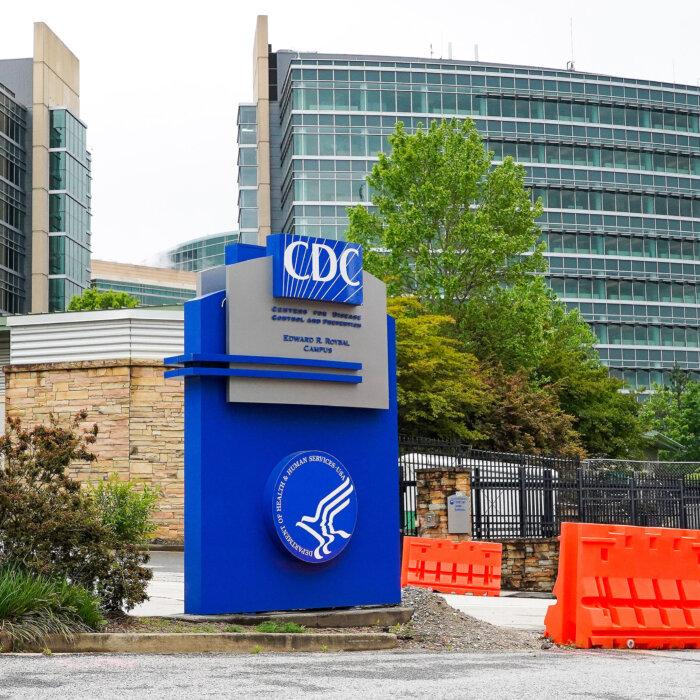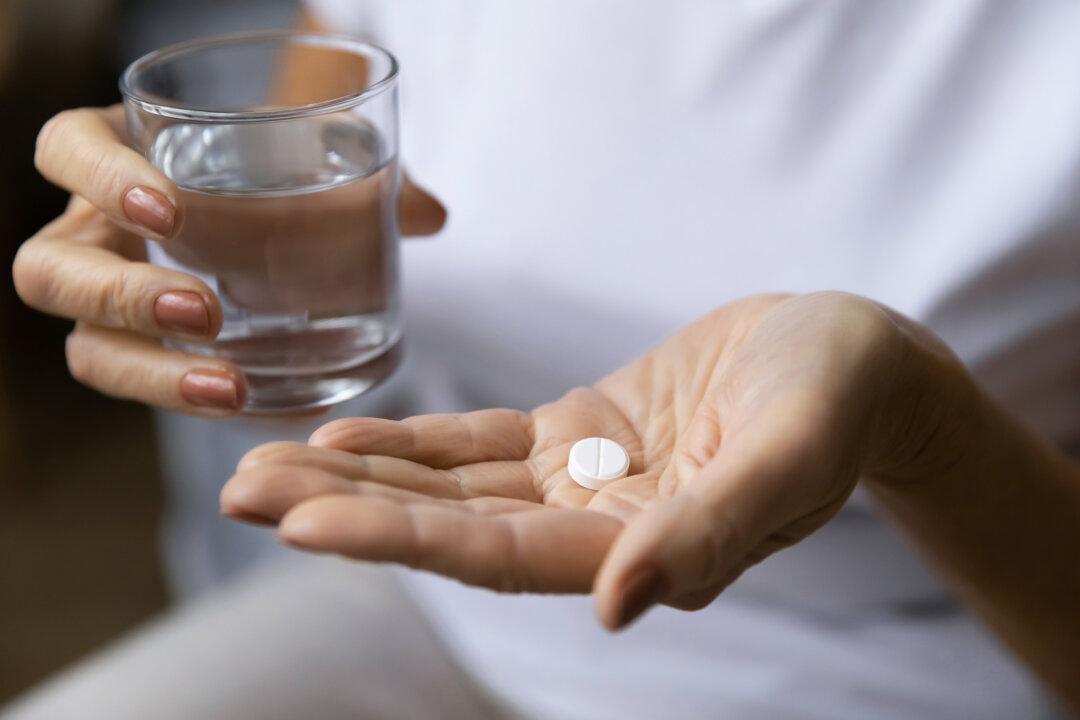For many COVID-19 survivors, the inability to smell life’s aromas is an unseen affliction that lasts months after recovering from the infection. This hidden impairment robs them of a primal sense, leaving them disconnected.
Gabapentin Falls Short in 8-Week Trial
The trial ran from January 2022 to February 2023, involving adults with at least three months of smell dysfunction after COVID-19 infection. Those with other causes for smell disorders or inability to take gabapentin were excluded.Researchers enrolled 68 participants, randomly assigning 34 to a placebo group and 34 to an oral gabapentin treatment group. All patients were exposed to the maximum tolerable dose for four weeks. After that, doses were adjusted to the highest tolerable amount, maintained during an eight-week fixed-dose phase. In the gabapentin group, 56 percent received the maximum dose of 3,600 milligrams daily.
After completing that phase, 41 participants were tapered off and monitored for four more weeks.
The researchers found no clinically meaningful difference between the gabapentin and placebo groups over the entire duration of the trial.
“Changes in subjective olfactory function, objective odor identification, and olfactory-related quality of life were neither clinically meaningful nor statistically significant,” the trial researchers wrote.
Side Effects
The most common adverse effects were fatigue, reported by 10 in the gabapentin group and 11 in the placebo group, along with expected side effects like dizziness, weight gain, and brain fog in the gabapentin group.Gabapentin Manufacturer Exaggerated Benefits: A Review
Gabapentin is a prescription medication for seizures in people with epilepsy and nerve pain related to conditions like shingles and diabetic neuropathy. As an anticonvulsant medication, it works by affecting neurotransmitters to reduce pain and seizures.Loss of Smell After COVID Can Linger for 1 in 5 Patients
Throughout the pandemic, millions worldwide have experienced loss or distortion of smell (parosmia). Research suggests up to 47 percent of COVID patients could be affected, though evidence indicates smell issues likely heal over time.About 80 percent of patients with smell loss recover within one to three months after COVID infection, Dr. Timothy Smith, an ear, nose, and throat specialist at Oregon Health & Science University, said in a press statement.
However, this still means that as many as 20 percent of individuals continue to experience a persistent disruption in their sense of smell.
“For those who go on to have symptoms for more than four weeks, the majority get better within one year,” Dr. Sritha Rajupet, director of the Post-COVID Clinic at Stony Brook Medicine and director of population-based health initiatives at the Department of Family, Population & Preventive Medicine, told The Epoch Times. She added that not all smell problems are COVID-related.
New Treatments Emerge for Loss of Smell Post-COVID
Many protocols are being analyzed to treat COVID-related smell loss, including omega-3s, nasal spray, a local anesthetic to block the nerves on either side of the voice box, and platelet-rich plasma, Dr. Rajupet said.The treatment options for COVID-related impaired smell “are evolving” as new information emerges, Dr. Rajupet said. “It is important to follow up with your doctor to discuss emerging findings and how it might affect your care,” she added.






